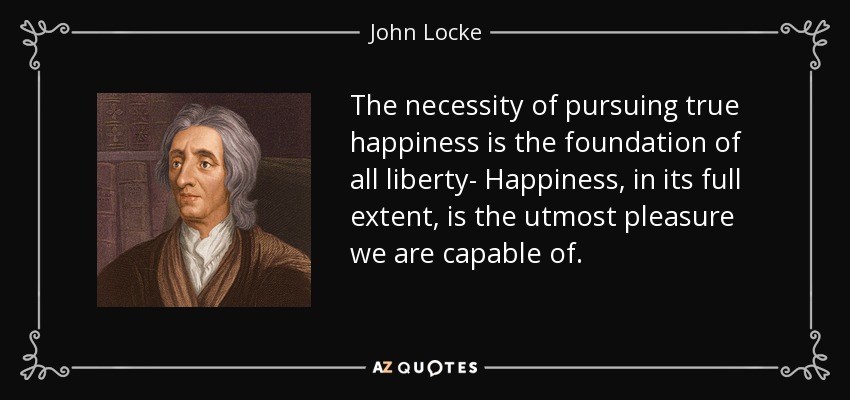 |
| A clash between supports of the gay marriage movement and protesters. San Fransisco. |
It seems that whenever there is a human rights issue, because of the vagueness of so many religious texts, extremists can find a way to connect whatever issue is occurring to their religion, and thus (very incorrectly) form a personal argument against the human rights issue at hand. The impossible nature of these "arguments" are frustrating and leave the progression of society at a standstill. These issues should remain in the realm of social strife where the affects of them will, hopefully, not be life threatening. Sometimes, however, we find that human rights arguments spill over into bioethics.
When politics, religion, and medicine collide (the real melting pot that is America) the results can be catastrophic. For example in the taboo subject of abortion; the right wing of American politics is typically against the procedure whereas the left are typically pro-choice. Many arguments made for and against abortion come from a religious or spiritual standpoint. The religious and the political issues are causing a tug-o-war at the medical intersection.
 |
| Propaganda against the commodification of breast milk |
In class we discussed a few topics that became heated (some quite surprisingly). Usually issues that became controversial among the students involved human rights. We found that if an issue involved medical treatment as well as human liberties they became increasingly difficult to discuss.
The abortion argument stems from a women's reproductive rights issue. Our intense discussion about commodifying human breast milk also stemmed from women's rights as well as animal rights and minority rights. Debates on "transgenderism" stem from human rights.
Because so many of the questions we face have complex histories and nuanced reasoning it is very difficult to find the best answer from a bioethical standpoint. A utilitarian approach isn't always the best especially since most medical and human rights issues are highly personalized and don't affect many people. For this reason virtue ethics may be a better option (although it is highly subjective to the person making the judgement of who is the most morally just person).
 |
| Even if the moral person chosen to be the rubric in which bioethical issues are judged with, the interpretation of that person's words and actions can also be misconstrued. |
Human rights should largely be left to the individual, in my opinion, because 1) today's societal constructs are all man-made and enforced (no one asked to be a citizen of a government owned area and to make money for fear of being thrown in jail where they have even less freedom) 2) religious texts that require followers to fight any "deviant behaviors" regardless of the person's religious beliefs are usually taken out of context (and they are also not empirically verifiable and thus should not bind all people) and 3) most individuals will agree that life, despite being the longest thing you'll ever experience, is too short to be constantly stifling your interests and joys in order to please others.
 |

"very difficult to find the best answer from a bioethical standpoint" - Hence the temptation for some simply to resort to decreed conclusions. But in a free society we must discuss ethical differences and, short of consensual resolution, agree to disagree (and keep on talking).
ReplyDelete"Human rights should largely be left to the individual" - ooh, that doesn't work. Too many individuals, some of whom command armies and "security" agencies, are all too eager to abuse human rights. But I know the point you're going for is that all individuals SHOULD respect the rights of all others. Without the force of law to hold them accountable, though, they won't.
Locke was right, if not always consistent: the pursuit of happiness is a human right, which society must safeguard.
Again, Bell: congrats on making the cover of the Honors Mag!
Thank you for your comment again! Again, thank you for your congratulations on my being on the cover of the Honors Magazine!
DeleteAlso thank you for understanding what I was trying to say. I understand my writing may be difficult to read as I tend to write in circles. Also it was a little difficult for me to articulate what I was going for here. In that last paragraph I was explaining that in a very anarchistic sense all humans should have the right to not abide by societal life (as in not be required to DO anything at all since we should be able to choose how we live our lives).
Thanks again!